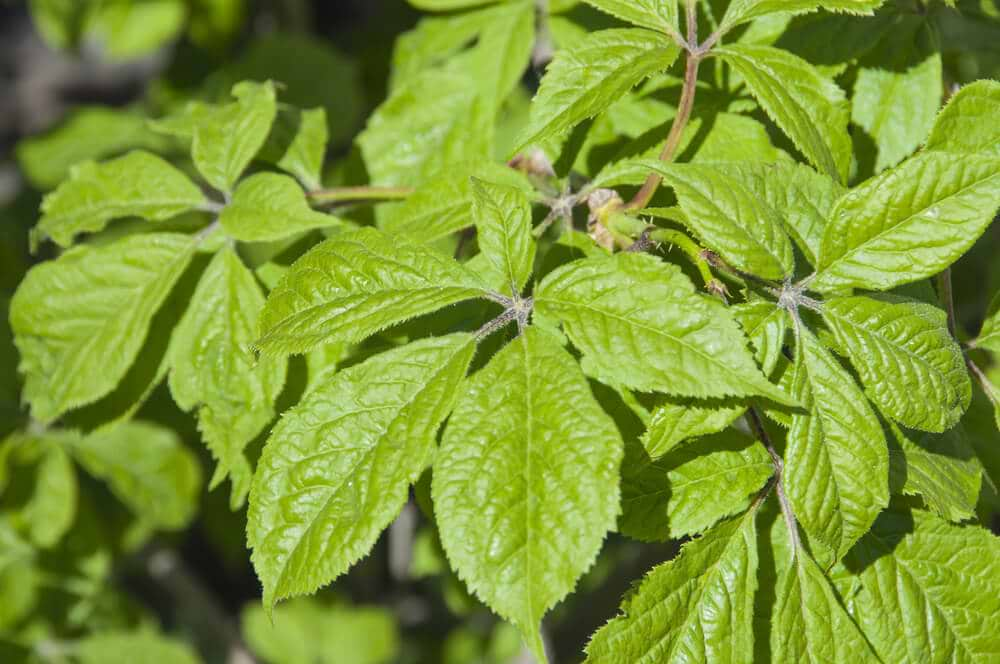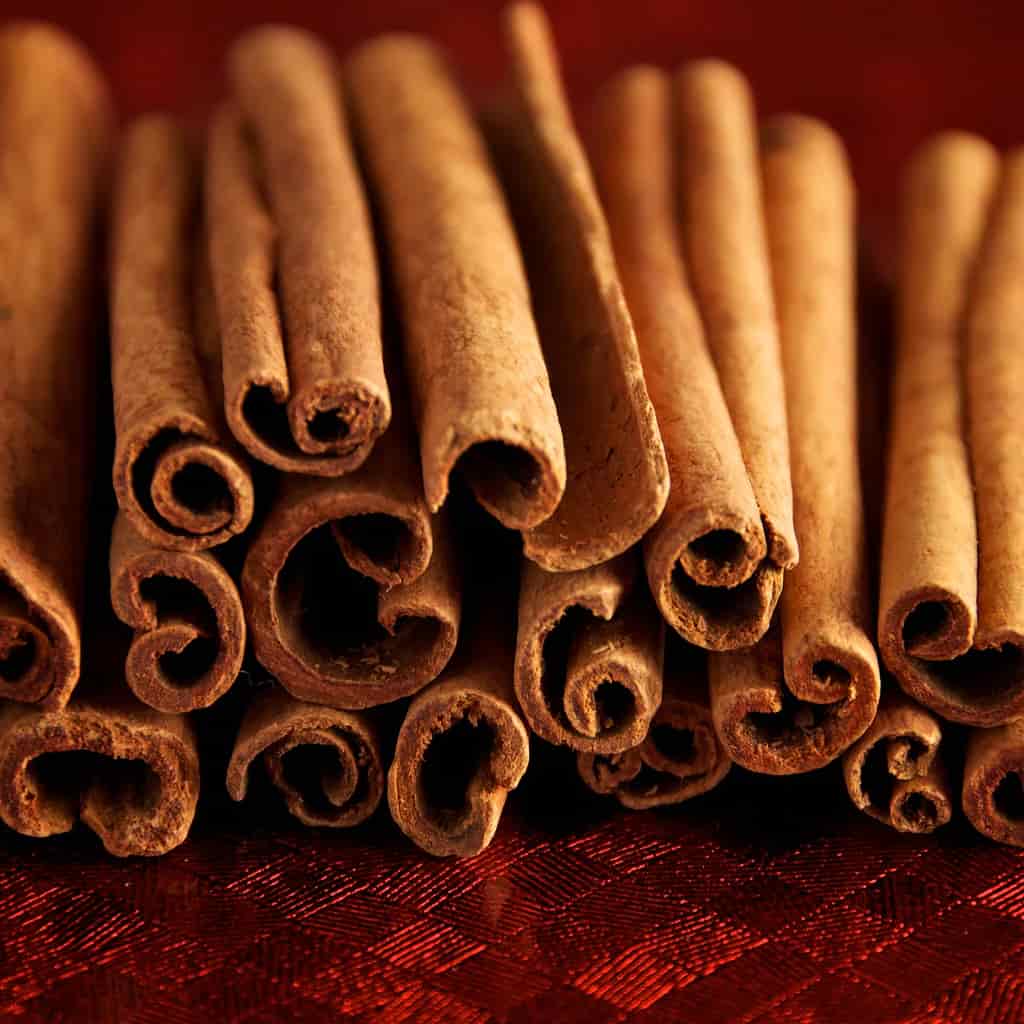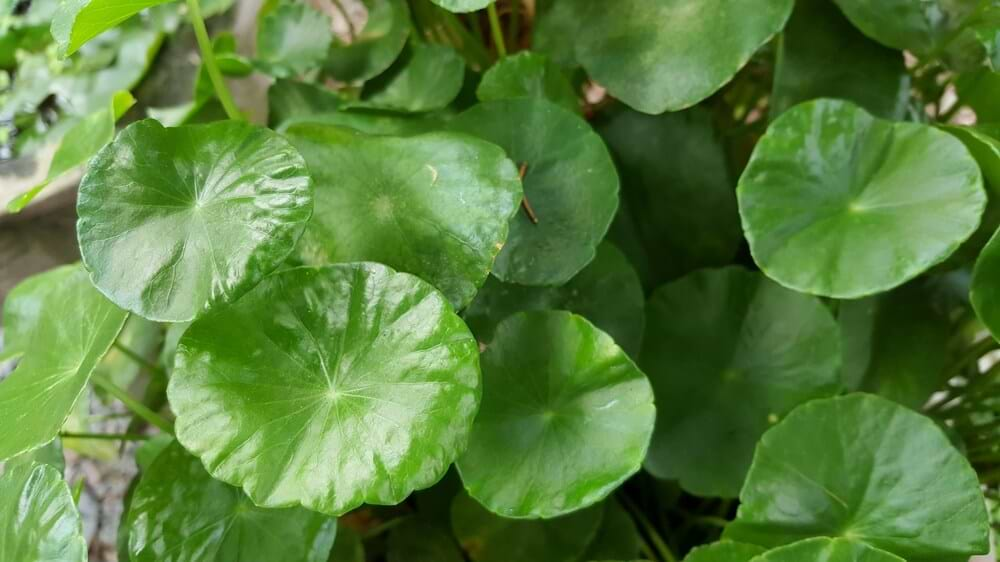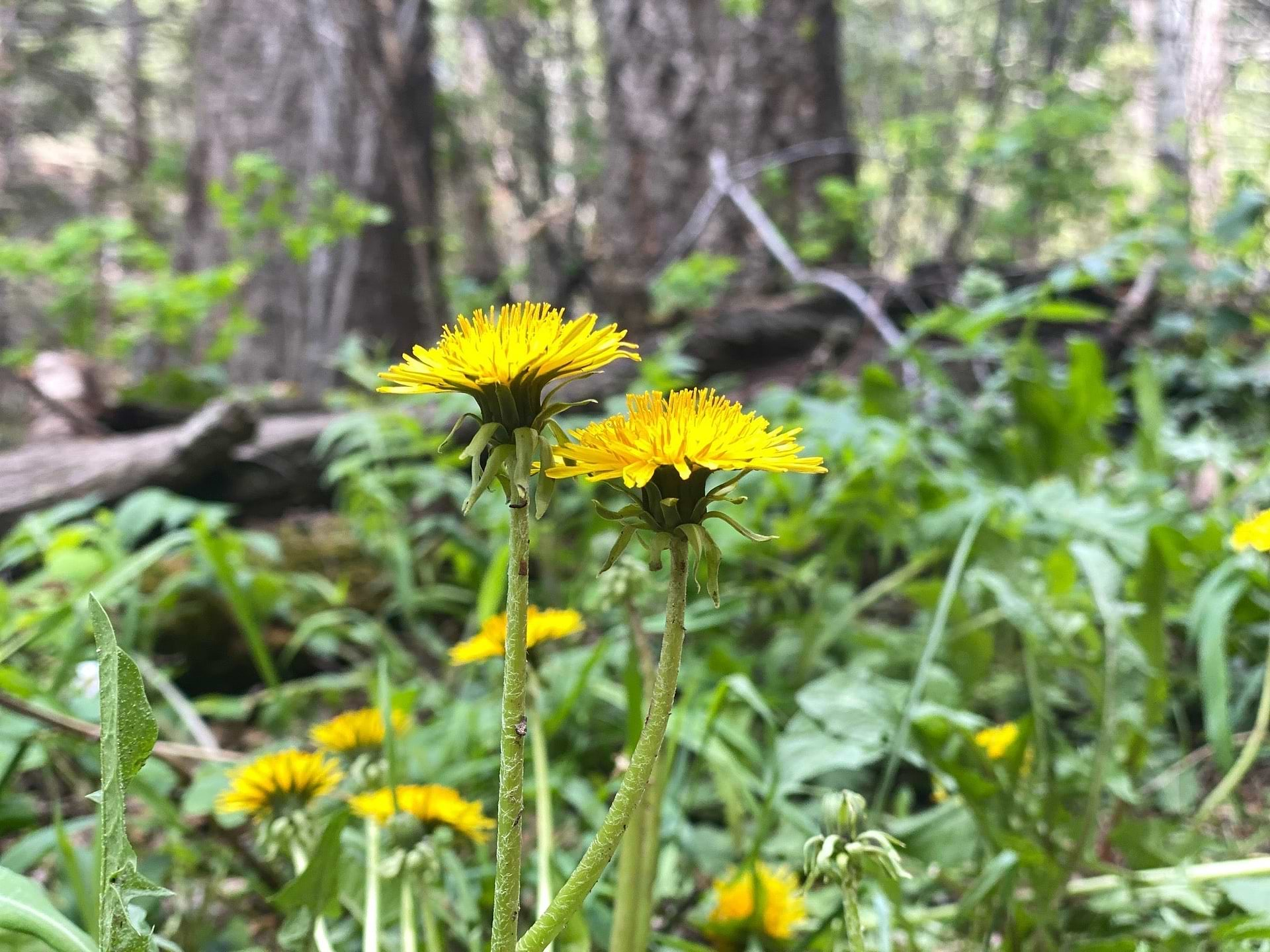Aging is inevitable. It seems we're all searching for that magic pill that will turn back the clock. While nothing can replace a healthy diet, regular exercise, and stress management (and good genes!), herbs can provide tonic support for many common complaints associated with aging.
In a 2014 poll, two-thirds of people over 50 reported being fearful of cognitive issues. Memory loss and difficulty with language and problem solving can have a profound effect not only on the quality of life of the individual, but the family as well. Understandably, we're all concerned with maintaining brain function!
Our brains require more energy than any other organ in the body. The majority of that energy is used to help nerve cells signal or communicate with one another while the remaining energy is used to maintain the health of the brain cell. We need nourishment from food to supply those energy needs and support detoxification to remove waste from the cell. Herbs have long been used to nourish the brain, stimulate mental functions, and support other body processes that can impact brain function, such as liver detoxification, circulation, and our stress response. Herbs are food, after all!
As a nutrition professional, I find it frustrating that there are so many natural supplements touted for the support they offer with brain function and energy that really only serve as a temporary stimulant. Many of these products contain an overwhelming amount of caffeine, B-vitamins, or a disproportionate amount of one or two amino acids. Caffeine, in particular, can be difficult for some people to process (myself included) and wreaks havoc on the adrenal glands that manufacture our stress hormones. Chronically elevated levels of cortisol, our long-term stress hormone, have been shown to shrink various areas of the brain, such as the hippocampus and prefrontal cortex. These are areas of the brain necessary for problem-solving.
Just like whole foods, whole herbs contain the vital nutrients our bodies need to support a wide array of body functions, including brain function. Below are a few that you might want to add to your diet.
Gotu Kola
Also known as Centella Asiatica, gotu kola belongs to the Apiaceae family along with carrots and parsley. In China, it is referred to as "the fountain of life." The nutrient-dense leaves are often consumed as a salad green in Asian countries where the plant is known for its calming effect. In Sri Lanka, locals will eat several leaves from the Gotu Kola plant each day, mirroring elephants who consume the leaves and are known for their long life and great memory (an elephant never forgets!). In both Traditional Chinese Medicine (TCM) and Ayurveda, Gotu Kola is utilized for its positive effects on memory and focus while promoting alertness.
Ginkgo
The oldest living species of plant on earth, Gingko is known as "the bearer of hope" in its native China for its resilience. In fact, six ginkgo trees survived the bombing at Hiroshima at the end of World War II. Ginkgo promotes healthy circulation, which is why it's so often used in brain supplements — it supports the circulation of nutrients to the brain. Studies show Ginkgo also possesses neuroprotective properties.
Eleuthero
Also known as Siberian Ginseng, Eleuthero is an adaptogen, meaning it supports the body's response to stress by helping it adapt to the stress level. While Eleuthero is native to China, it gained in popularity when Russian researchers began studying the plant in the 1960s. In TCM, Eleuthero is said to stimulate qi (chi or energy). It's often used to improve endurance and stamina as well.
Dandelion
A cousin to calendula and known as a common weed, Dandelion is often used as a food, tonic, and in herbal wines and beer. It supports healthy functioning of the kidneys, liver, gallbladder, and spleen. In TCM, supporting these detoxification channels and keeping them clear equates to a clear mind.
Cinnamon
Cinnamon is widely popular and has been for thousands of years as a spice obtained from the bark of the various species of the Cinnamomum tree. It's warming, uplifting, and supports healthy circulation. Additionally, Cinnamon promotes overall health and supports healthy blood sugar levels. Imbalanced blood sugar can contribute to foggy thinking and stimulate the secretion of cortisol. Cinnamon encourages the healthy production of neurotropic factors that stimulate the birth of new neurons (brain cells).
Prickly Ash
Related to Szechuan pepper, this North American tree supports healthy circulation. Prickly Ash also helps support healthy energy and stamina. Both the berries of and the bark can be used, but the bark is more commonly used in liquid extracts.
Writer Danielle Cicak is the Northern Colorado and Wyoming Sales Representative and Regional Educator for WishGarden Herbs located in Louisville, Colorado. In 2003, Danielle began her career working in the supplement aisles at Natural Grocers. Inspired to help others with their health and wellbeing, she pursued an education in holistic nutrition from the Nutrition Therapy Institute in Denver, Colorado. As a Master Nutrition Therapist (MNT), Danielle served as a Nutritional Health Coach (NHC) before advancing to become the NHC Development Specialist where she led and developed the NHC training program for Natural Grocers. As a Colorado native, Danielle is thrilled to work with another local, family-owned business that promotes health and activism through education: WishGarden Herbs! In her free time, she enjoys spending time with family and friends, creating healthy dishes in her kitchen, and enjoying the beauty Colorado has to offer!
For educational purposes only. This information has not been evaluated by the Food and Drug Administration. This information is not intended to diagnose, treat, cure, or prevent any disease, or sell any product.
Recommended Products
Further Reading










